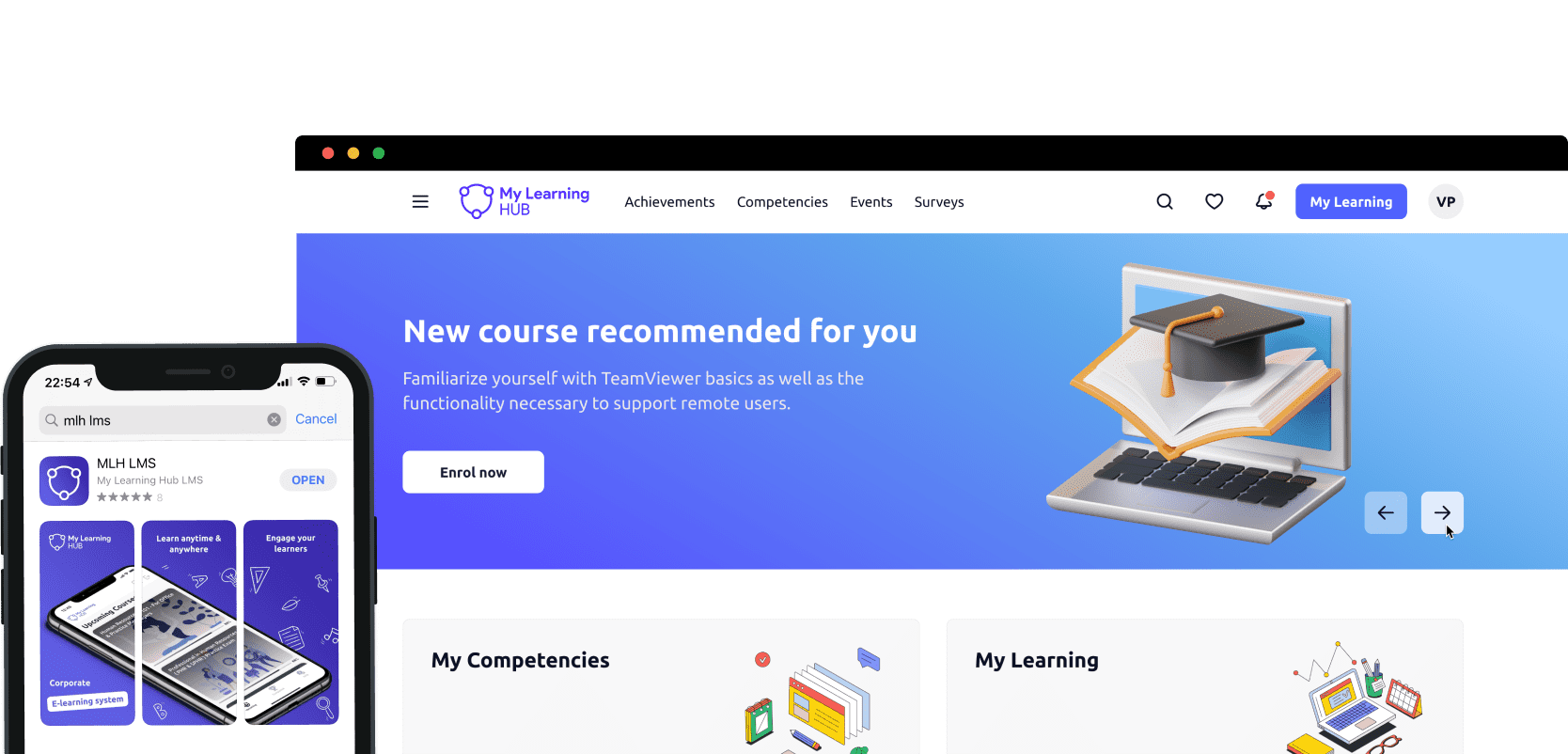
What can you say about WordPress? The world's most popular content management system (CMS) has been making waves since 2003.
WordPress has become a popular LMS (learning management system) in the education space. Let's look at some of the pros and cons of using WordPress as an LMS.
What is a WordPress LMS?
A WordPress LMS is a learning management system that can be used to create and deliver online courses.
WordPress LMS plugins allow you to create and manage your courses, students, and payments from within your WordPress site.
Many WordPress LMS plugins are available, each with its features and pricing plans.
Some popular WordPress LMS plugins include LearnDash, WP Courseware, and Sensei. While each plugin has its unique set of features, they all share the same goal: to help you create and deliver an engaging online learning experience for your students.
How Does WordPress LMS Work?
WordPress is a popular content management system (CMS) that enables users to create and manage their website or blog easily.
While WordPress is typically a blog platform, it can also be used to create an online learning environment. Indeed, many educational institutions and businesses are using WordPress to deliver online courses and training programs.
So, how does WordPress LMS work? In short, WordPress LMS plugins add e-learning functionality to the WordPress platform.
It means that you can use WordPress to create and manage your online courses, track student progress, and issue certificates of completion.
Several different WordPress LMS plugins are available, so you can choose the one that best meets your needs.
WordPress LMS can provide the perfect solution if you're looking to deliver a simple online course or a more complex learning management system,
Pros of WordPress LMS
Here are some of the critical advantages of using WordPress for LMS:
- Flexibility: WordPress is highly flexible and can be used to create any website, including an LMS. There are countless plugins and themes available to extend the functionality of WordPress, making it easy to tailor your LMS to meet your specific needs.
- Ease of Use: One of the main reasons WordPress is so popular is because it's very user-friendly. Even if you're not a tech-savvy person, you should be able to build an essential website with WordPress. Creating an LMS with WordPress will require a little more work, but many user-friendly plugins and themes are still available.
- Cost: WordPress is an open-source platform, which means it's free to use. You'll only need to pay for hosting, domain names, and any premium plugins or themes you use. It makes WordPress a very cost-effective option.
Cons of WordPress LMS
Now, let's take a look at some of the potential drawbacks of using WordPress for LMS:
- Security: WordPress is a popular platform, which makes it a target for hackers. While you can take many security measures to protect your website, it's essential to be aware that WordPress websites are vulnerable to attack.
- Updates: WordPress is constantly being updated with new features and security patches. While this is generally a good thing, keeping your website up-to-date can be a hassle. If you're not comfortable with updating your website yourself, you may need to hire someone to do it for you.
- Limited Functionality: While WordPress is highly flexible, it's not as comprehensive as other, more specialised, LMS platforms. You may want to consider a different platform if you need a more robust solution.
How to Know WordPress LMS is RIGHT for You?
So, is a WordPress LMS the right solution for your organisation? The answer to that question depends on various factors, including the size and complexity of your organisation, the needs of your learners, and your budget.
However, a WordPress LMS may be the perfect choice for you if you're looking for an affordable option that is easy to use and provides a lot of flexibility.
If it’s important for you to tick all the boxes in your search for a more elaborate learning system, check out My Learning Hub. Book a demo with our sales team to find out more about what differentiates My Learning Hub when it comes to employee, compliance, onboarding, and/or partner training.
Frequently asked questions FAQ












